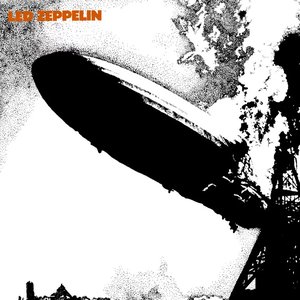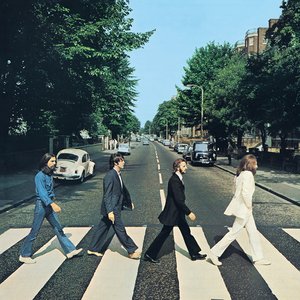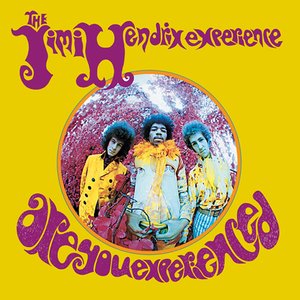Wiki
"Sympathy for the Devil" is a song by English rock band the Rolling Stones and the opening track from the band's 1968 album "Beggars Banquet". The song is a product of Mick Jagger and Keith Richards' songwriting partnership.
It is considered one of the best songs of the popular music era, and has been included on multiple "best of" lists, such as 106th on Rolling Stone's 500 Greatest Songs of All-Time. It is also the 22nd best ranked song on critics' all-time lists according to Acclaimed Music.
"Sympathy for the Devil" is credited to Jagger and Richards, though the song was largely a Jagger composition. The working title of the song was "The Devil Is My Name", having earlier been called "Fallen Angels". Jagger sings in first person narrative as the Devil, who boasts of his role in each of several historical atrocities and repeatedly asks the listener to "guess my name." The singer then ironically demands the listener's courtesy towards him, implicitly chastising the listeners for their collective culpability in the listed killings and crimes. In the 2012 documentary "Crossfire Hurricane", Jagger stated that his influence for the song came from Baudelaire and from the Russian author Mikhail Bulgakov's novel The Master and Margarita (which had just appeared in English translation in 1967). The book was given to Jagger by Marianne Faithfull and she confirmed the inspiration in an interview with Sylvie Simmons for the magazine Mojo in 2005.
In a 1995 interview with Rolling Stone, Jagger said, "that was taken from an old idea of Baudelaire's, I think, but I could be wrong. Sometimes when I look at my Baudelaire books, I can't see it in there. But it was an idea I got from French writing. And I just took a couple of lines and expanded on it. I wrote it as sort of like a Bob Dylan song." It was Richards who suggested changing the tempo and using additional percussion, turning the folk song into a samba.
Furthermore, Jagger stated in the Rolling Stone interview: "it's a very long historical figure — the figures of evil and figures of good — so it is a tremendously long trail he's made as personified in this piece." By the time "Beggars Banquet" was released, the Rolling Stones had already caused controversy for sexually forward lyrics such as "Let's Spend the Night Together", and their cover of the Willie Dixon's blues "I Just Want to Make Love to You" etc. There were also claims they had dabbled in Satanism (their previous album, while containing no direct Satanic references in its music or lyrics, was titled Their Satanic Majesties Request). "Sympathy" brought these concerns to the fore, provoking media rumours and fears among some religious groups that the Stones were devil worshippers and a corrupting influence on youth.
The lyrics focus on atrocities in mankind's history from Satan's point of view, including the trial and death of Jesus Christ ("Made damn sure that Pilate washed his hands to seal his fate"), European wars of religion ("I watched with glee while your kings and queens fought for ten decades for the gods they made"), the violence of the Russian Revolution of 1917 and the 1918 execution of the Romanov family during World War I ("I stuck around St. Petersburg when I saw it was a time for a change/Killed the Tsar and his ministers/Anastasia screamed in vain"), and World War II ("I rode a tank, held a general's rank when the blitzkrieg raged, and the bodies stank"). The song was originally written with the line "I shouted out 'Who killed Kennedy?'" After Robert F. Kennedy's death on 6 June 1968, the line was changed to "Who killed the Kennedys?".
The song may have been spared further controversy when the first single from the same album, "Street Fighting Man", became even more controversial in view of the race riots and student protests occurring in many cities in Europe and in the United States.
Track descriptions on Last.fm are editable by everyone. Feel free to contribute!
All user-contributed text on this page is available under the Creative Commons Attribution-ShareAlike License; additional terms may apply.












